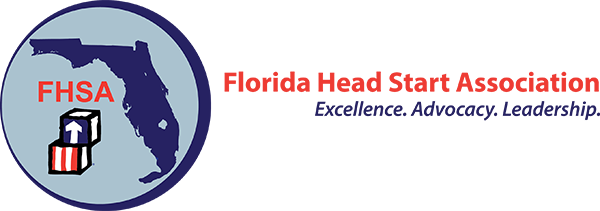- Home
- About Us
- Education & Events
- Membership
- Support
- Resources
- News
- Head Start Information
Events Calendar
|
EHS Best Practice: Post-partum
Wednesday, August 02, 2023, 2:00 PM - 3:00 PM EDT
Category: National Training or Event
Register Here!Post-partum mood disturbances affect the individual functioning of parents yet also all the inter-relationships and well-being in a family system, including the new infant. This is often a source of tremendous concern. However, this also offers a profoundly important opportunity to address post-partum depression and anxiety through the lens and portal of the parent-infant relationship. Practitioners across disciplines have the opportunity to enhance care and outcomes for infants and their mothers experiencing post-partum depression. The family system is an opportune focus of treatment to the benefit of all; in relational context. Our efforts need to employ every available strategy to enhance the care for these infant-parent dyads in service of better outcomes for infants’ functioning, as well as enhancing maternal therapeutic treatment. We don’t want to miss opportunities for intervening in the earliest stage of infant-parent attachment; the first 100 days of life when highly consequential bio-behavioral shifts are occurring in the development of the infant brain. This is in service of optimizing infant developmental potential, as well as enhancing mothers’ future-orientation and motivation for treatment in order to best meet the needs of their baby. The impact of parents and other significant adults on children’s early development, emotional well-being, and learning is well-established. Relationships, and the cultural contexts in which they occur, are extraordinarily consequential for development. The quality of the caregiving relationship is the critical factor in mitigating long term deleterious effects on children’s development that can stem from untreated maternal mental health concerns. This workshop will engage participants in deepening relationship-based, developmentally-informed practice that improves professionals’ and parents’ ability to be successful in understanding and applying child developmental constructs to their daily practice. Contact: NHSA |

 Prev Month
Prev Month View Month
View Month Search
Search Go to Month
Go to Month Next Month
Next Month Export Event
Export Event 